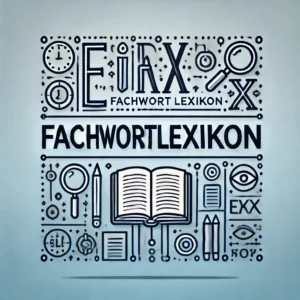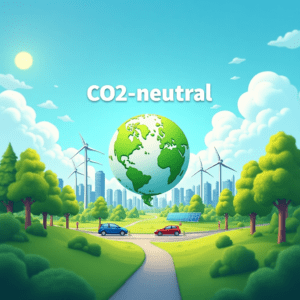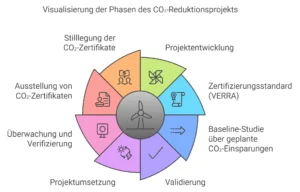The Verified Carbon Standard (VCS) is a globally recognized standard for certifying projects that reduce greenhouse gas emissions outside regulated carbon markets, particularly in the so-called voluntary carbon market. The standard is managed by the Verra Organization and, with over 1,600 registered projects, is one of the most widely used standards for voluntary carbon offsetting.
VCS-certified projects span various areas, including reforestation, renewable energy, waste management, and energy-efficient technologies. The certification aims to ensure that the emission reductions achieved through these projects are real, measurable, and permanent. For this purpose, projects are assessed and monitored according to clearly defined criteria. Successful certification results in so-called Verified Carbon Units (VCUs), which can then be traded or used to offset one’s own emissions.
The goal of the VCS standard is to contribute to global emission reductions by supporting climate protection projects, while providing companies and individuals who finance the projects with credible opportunities to offset their emissions. VCS also ensures that projects bring social and environmental benefits, such as promoting biodiversity and supporting local communities.
For more information and detailed requirements of the standard, you can find more on the Wikipedia page on the Verified Carbon Standard or directly on the website of Verra.



